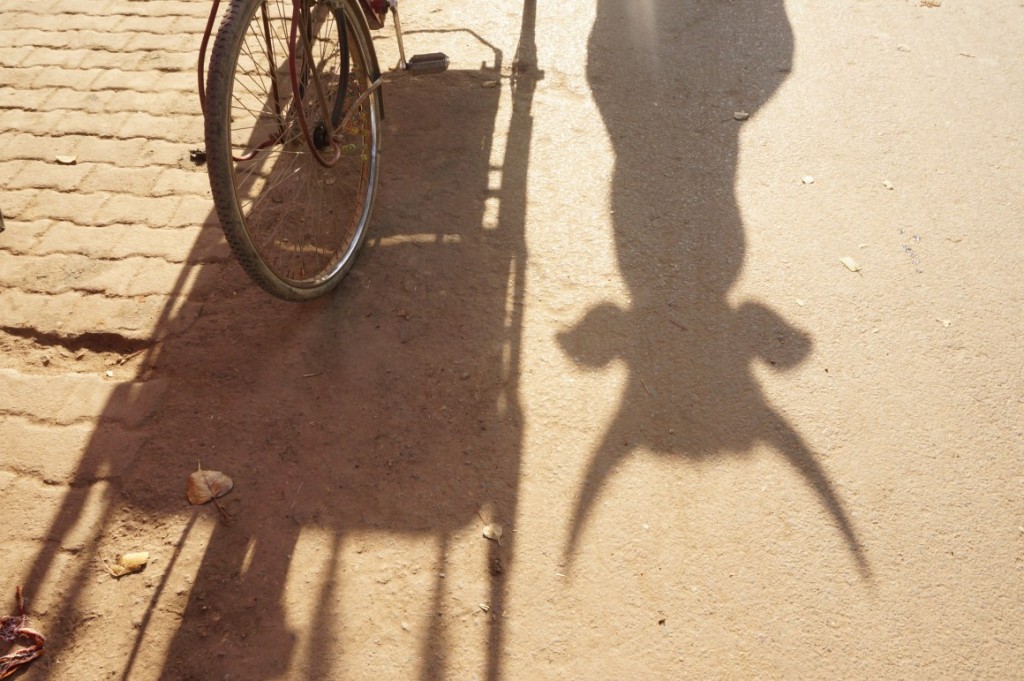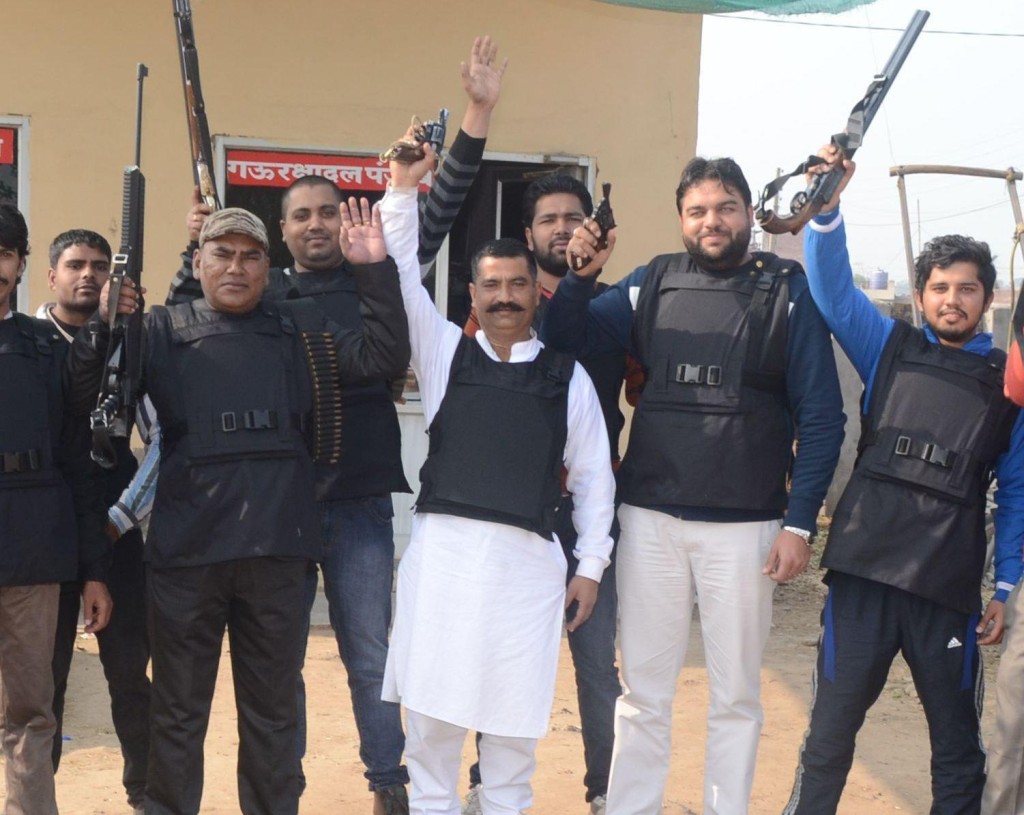India’s Blasphemy Laws

The terrifying effects of Pakistan’s draconian blasphemy laws are well documented. Mere allegations have resulted in mob violence that has destroyed Hindu temples, Christian churches, and taken the lives of the accused. Even fundamentalist Muslims have found themselves entangled in the dangerous and subjective web blasphemy allegations. With this situation playing out so close to home, one would think India would be determined to avoid similar problems. Unfortunately, India is experiencing a “blasphemy” problem of its own.
Last fall, the story of a mob in Dadri, India killing a man over allegations that he was eating beef gained international attention. While this was not the first time a mob of Hindu extremists had killed over beef eating, the Dadri lynching did begin to focus attention on a rising tide of religious intolerance in India.
In addition to mob violence, religious intolerance in India has become institutionalized. Haryana, in Punjab, passed a controversial law last year banning the slaughter of cows for beef with punishments including up to 7 years in prison and Rs.70,000 (nearly 10 times monthly per capita income). This month, three men were arrested on charges of selling beef and now face up to five years in prison.
Advocates of cow protection laws argue that the cow is sacred in Hinduism, and India is a Hindu nation, therefore the cow deserves special protection. But India is not a Hindu nation. India is a diverse nation comprising over a billion people including over 180 million Muslims and 24 million Christians – neither of which requires veneration of the cow. In fact, India is expected to have the world’s largest Muslim population by some time in the next decade.
In Haryana, the police acted on a complaint from a member of Gau Raksha Dal (Cow Protection Group), a militant Hindu extremist organization whose members enjoy posing with weapons similarly to their Islamist counterparts. Such displays suggest a violent bigotry that has no place in a pluralistic democracy.

India’s cow protection laws, like blasphemy laws in Pakistan, institutionalize communalism and weaken the social fabric. They may serve as a powerful weapon for political and economic gain, but those gains come at the cost of social and political stability. Religious communities are better protected by acts of inclusion that cultivate mutual respect that strengthen the nation as a whole, rather than pitting individual communities against each other.